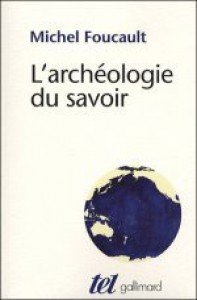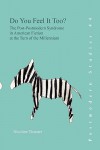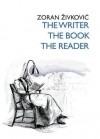Since Troy and I challenged each other last week to explore something we dislike, we agreed that he will listen to White Noise by Don DeLillo and I will watch episodes of Star Trek. Troy finished his part of the deal and he absolutely hated DeLillo. I felt ashamed of delaying, and watched Balance of Terror yesterday.
Balance of Terror is the fifteenth episode of original series. An output got attacked and Captain Kirk investigates what happened. An invisible enemy is trying to break the treaty of peace, and Kirk tries to maintain it and at the same time attacking back. The enemy, that comes to be Romulans, was thought to be powerful, but Kirk outsmart them with the help of Spock. (let me know if I got something wrong).
The first challenge I had to overcome were the visuals. I am not used at all to watch old movies/Series. I always avoid them except for The good the bad and the ugly. At first, whenever I'd see one of the spaceships, it would remind me of this https://www.youtube.com/watch?v=sRYNYb30nxU
Don’t get me wrong, I like this song, but the video is just so silly but funny.
So I had to overcome my shallowness in order to appreciate the episode. Concentrating on the makeup, materials and some awkward acting would have limited my perception and made me stop the video the minute I start it. What I realized is that the main (and maybe only?) difference between this episode and the movies/series I watch today is that today we have better visual effects and maybe we pause less to. Things are faster today. We have not accomplished something deep with the visual effects because the first impression I had after finishing Balance of Terror is that the dialogues and plots did not change much. It's all there: the bravery, the hero and antihero, and the drama, the attempt to explain things, and in 1966 that was something new and revolutionary.
As Troy suggested, I tried to see this in a new way: that is seek how it interprets real life and struggles. I read on Wikipedia that it is inspired by The Enemy Below and that it interprets the American/German submarine conflict. So now I start to see how science fiction is not that different from more realist plots. It explores the main concerns of life in a different way. Things like the death of a future husband, the desire of a captain to die with his ship, and a sort of racism? (like when a soldier distrusted Spock because he is a Romulan, but since Spock is a better person he saves who insults him) are all there. The dialogues are bold and not ridiculous.
All in all this wasn’t as bad as I thought, but at the same time, I didn’t get any deep revelation. I do not wait the next episode with great enthusiasm, but I’m starting to understand better a facet of science fiction that I failed to see before.
PS: I think that I will have to get used to that incessant beeping....

 2
2







 7
7














